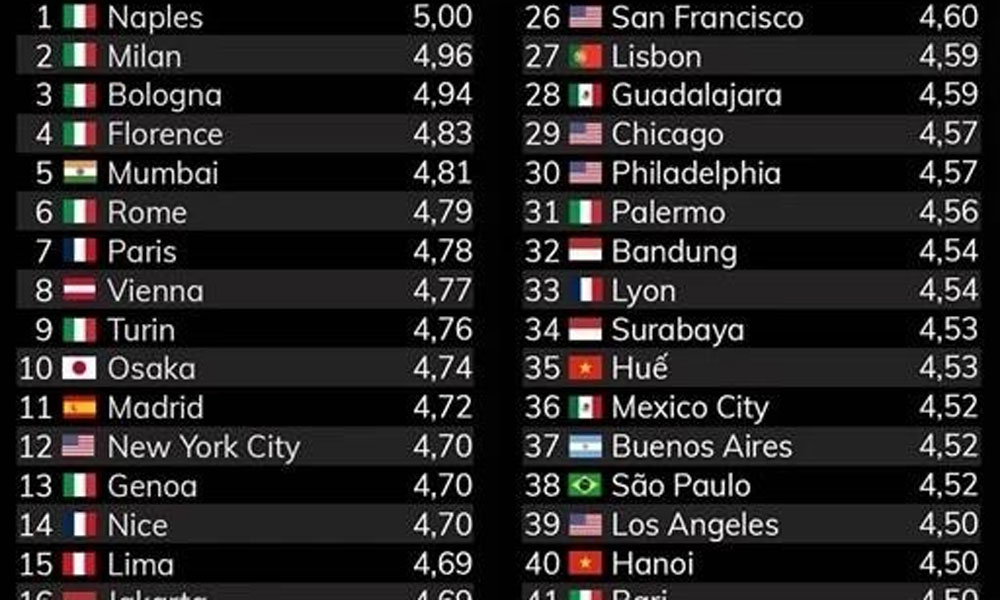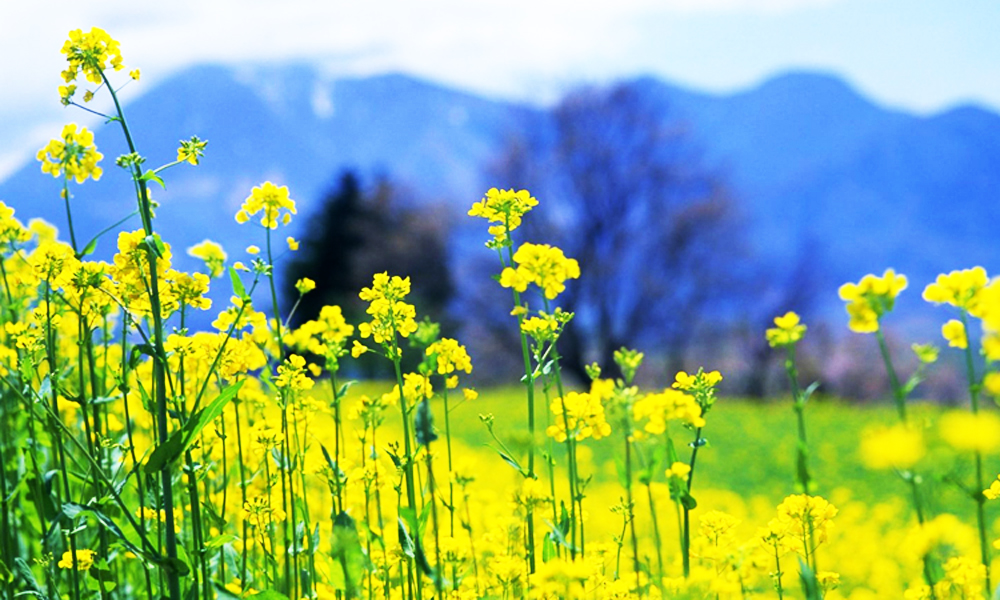Vietnamese culinary art spreads across the world
Vietnamese cuisine has recently been gaining prominence with many notable milestones; it has been honoured at prestigious global awards, impressed attendants at international festivals and events, and been actively introduced by many famous politicians and business leaders. The allure, diversity, and rich cultural identity of Vietnamese culinary art have become a valuable resource, contributing positively to the promotion of the country and its people.
In December 2024, images of Prime Minister Pham Minh Chinh strolling through the ancient streets of Hanoi with President and CEO of NVIDIA Jensen Huang, and enjoying street food, have spread widely on both domestic and international media and social networks.
 |
|
Diners queue to enjoy Vietnamese dishes at the "Vietnam Day in Saudi Arabia" 2024. |
The world-renowned entrepreneur even personally made a cup of Hanoi’s signature egg coffee to offer to those present. This event once again highlighted the appeal of Vietnamese cuisine as well as the country’s friendly environment and welcoming people.
It has become common for world leaders and famous figures visiting Vietnam to praise the local cuisine. This phenomenon has gradually become a "specialty" for promoting Vietnamese culinary culture and the image of Vietnam to friends around the globe.
Notable mentions include Tim Cook, CEO of Apple — the world’s largest technology company, who visited two Vietnamese coffee shops in a single day in April 2024; Australian Prime Minister Anthony Albanese, who enjoyed Hanoi beer, banh mi (Vietnamese sandwich), boiled peanuts, and cha ca (grilled fish) in June 2023; Canadian Prime Minister Justin Trudeau, who sipped street coffee when visiting Ho Chi Minh City in 2017; and former US President Barack Obama, who enjoyed bun cha (noodle with grilled pork) in Hanoi in 2016.
Additionally, many globally recognised bands, actors, and singers from the US, the Republic of Korea, China, and other countries have shared their wonderful culinary experiences when visiting Vietnam.
During these visits, they not only explored the cuisine of a new land but also contributed to bringing the image, name, and beauty of Vietnamese culinary culture to audiences around the world.
In 2024, Vietnamese cuisine also made a mark at many important cultural and diplomatic events and large-scale food festivals. A highlight was the 2024 International Food Festival, themed “Gastronomy of Unity”, which was held in Hanoi, featuring hundreds of booths from 60 countries and territories.
This cultural-diplomatic food event saw a large participation from embassies, foreign cultural centres, local foreign affairs departments, businesses, sponsors, and agencies under the Ministry of Foreign Affairs.
In addition to international booths showcasing diverse global cuisines, the pavilions dedicated to Vietnamese food from all three regions of the country was bustling with visitors from the moment it opened.
Delicious dishes from the north to the south, from the mountains to the sea, blending tradition and innovation, were skilfully prepared and beautifully presented, attracting the attention of thousands of Hanoi residents and tourists.
Other notable events included the Hanoi Food Festival 2024, the Saigon Street Food Festival 2024, and the Pho Festival 2024 in Nam Dinh Province.
Recognising the potential of cuisine in promoting the country's image, in recent years, the Department of Cultural Diplomacy and UNESCO (under the Ministry of Foreign Affairs) has actively pushed for "culinary diplomacy" through the annual "Vietnam Day Abroad" series.
Recently, at the "Vietnam Day in Saudi Arabia 2024", the public in the Middle East and international friends had the opportunity to taste and be impressed by the essence of Vietnamese cuisine.
Dishes infused with the Halal culinary culture of Muslims, such as herbal beef pho (noodle soup), chicken spring rolls, and fried spring rolls with lotus seed filling, not only offered a balanced taste experience but also told the story of Vietnam's history, culture, and lifestyle.
The Vietnam Pho Festival in the RoK 2024, the Vietnam Pho and Spring Rolls Day in Italy 2024, and similar events all received large crowds and are expected to open many opportunities for cooperation in the fields of cuisine and tourism.
In recent years, not only pho and spring rolls but also many other delicious Vietnamese dishes have captivated diners around the world.
Many experts and reputable organisations have praised Vietnamese cuisine for its harmonious combination of flavours, use of natural ingredients, incorporation of life philosophies, and the artful presentation and arrangement of dishes.
In 2022, the World Culinary Awards recognised Vietnam as the "Best Culinary Destination in Asia 2022", surpassing many other renowned names in the region.
In 2024, this prestigious award honoured Hanoi in two categories: "World’s Leading Culinary City" and "Asia’s Leading Culinary City". Pho, a dish almost universally associated with Vietnam, was featured by the American news agency CNN in the list of "20 Best Soups in the World 2024".
Recently, in early December 2024, the global culinary guide Taste Atlas announced its 2024 awards, where many Vietnamese dishes and localities received significant accolades.
Notably, in the past two years, the Michelin Guide has begun awarding Michelin stars to some Vietnamese restaurants, further affirming the stature of Vietnamese cuisine and enhancing its appeal to travellers worldwide.
According to Nguyen Quoc Ky, Chairman of the Vietnam Culinary Culture Association, cuisine plays a crucial role in helping the international public better understand Vietnam, contributing to the nation's "soft power" in building its image and promoting itself globally.
Culinary experiences can spark the desire to visit Vietnam or become a memorable experience that keeps tourists coming back. These experiences often lead tourists to actively share and spread the word to others.
Furthermore, when culinary culture is promoted as a national brand, it serves as a channel for promoting and consuming Vietnamese agricultural products and goods, thereby also contributing to economic development.
 Bắc giang
Bắc giang













Reader's comments (0)